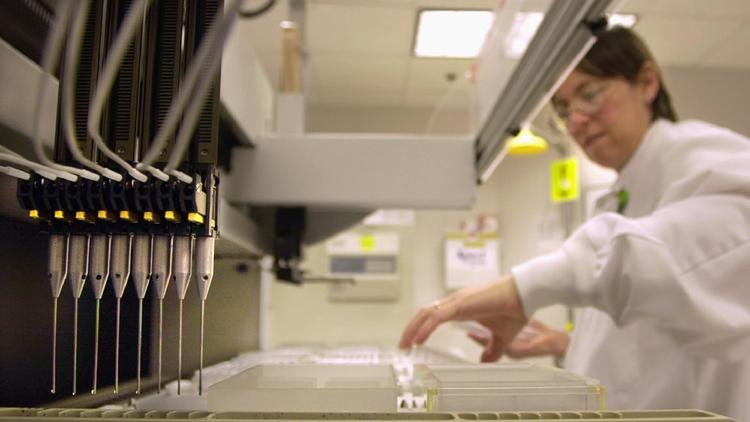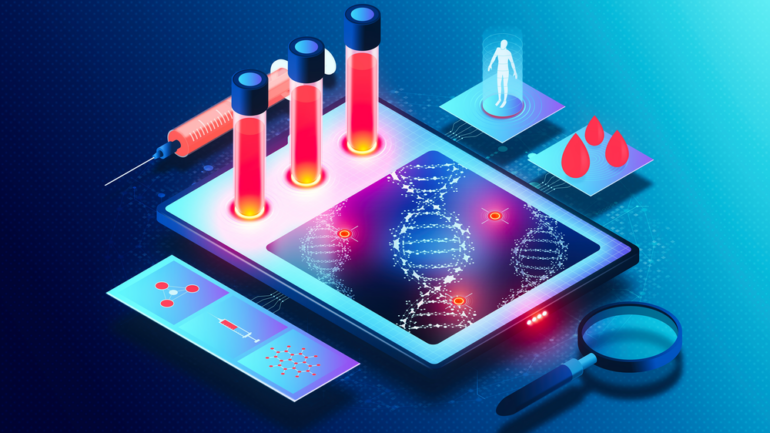The Hesitation on Booster Shots
Even though the Centers for Disease Control (CDC) encourages people 12 and older to receive booster shots, many eligible people are still weighing their options. Based on the data from CDC, among the 200 million Americans who are fully vaccinated, only about 1/3 of them have received booster shots.
The causes of this hesitation on the booster shots vary among different groups. Many think the two doses of vaccine they have received effectively protect them from Covid-19 infections. Others have concerns that the booster shots may not provide the protective benefits as the CDC says and would rather wait for the Omicron-specific vaccines that, claimed by Pfizer and Moderna, could be available in March if everything moves forward as planned. No matter the reasons for the hesitation, people are desperately looking for clues on whether the booster shots can protect them from the Omicron infection.
The Importance of Receiving a Booster Shot
No vaccine is perfect, and the protective effect of any vaccine will decline over time — this applies to all the vaccines currently distributed in the U.S. Although Pfizer and Moderna vaccines are effective in preventing breakthrough infections of the original strain and Delta variant, research data showed that their efficacy against symptomatic infection from Omicron declines quickly after two doses of vaccination.
Data from clinical trials show that a booster shot could increase the immune response in people who:
- Received two doses of Pfizer-BioNTech or Moderna vaccines six months earlier
- or Received a J&J/Janssen single-dose vaccine two months earlier
The increased immune response should improve the protection against COVID-19 and reduce the risk of getting severe effects. Still, there is insufficient data to clearly answer whether the booster shots are effective against the Omicron variant.
New Research Funds Booster Shots are Critical against Omicron
According to a new study published in the journal Cell on January 6, 2022, by researchers at the Ragon Institute of MGH, MIT, and Harvard, neutralizing antibodies against Omicron were not detected in the blood samples from people who had received two doses of mRNA vaccines (Pfizer or Moderna) or one dose of J&J vaccine. This finding indicates that the protection against the Omicron variant is very weak even if you are qualified as “fully vaccinated.” On the other hand, individuals who received booster shots of mRNA vaccines exhibited potent neutralization of Omicron.
Although the level of neutralizing antibodies against Omicron induced after the third dose vaccination is lower than the antibody level against the COVID-19 wild type strain or Delta variant, the result of this study still demonstrates the critical role of booster shots in generating the needed immune response against the Omicron variant.
More studies are needed to obtain real-world clinical data to confirm the necessity of a booster shot in protecting people from infections caused by Omicron or future variants. Hopefully, additional research could also reveal why an mRNA booster can dramatically improve the immune protection against the Omicron.
As not everyone is qualified to receive a booster shot, please consult with your doctor to determine whether you or your child are eligible and which one you and your child should get.
Sign up here to receive our monthly e-newsletter and blogs featuring healthy-living information, stories of inspiration, support resources, cancer prevention tips, and more.
Additional Reads You May Enjoy:
References:
- mRNA-based COVID-19 vaccine boosters induce neutralizing immunity against SARS-CoV-2 Omicron variant. Cell, January 6, 2022.
- CDC now says everyone 12 and older should receive mRNA booster shot. Mlive, January 5, 2022.
- Pfizer, Moderna Omicron Vaccines In The Works: Are They Needed? Across America Patch, January 11, 2022.




